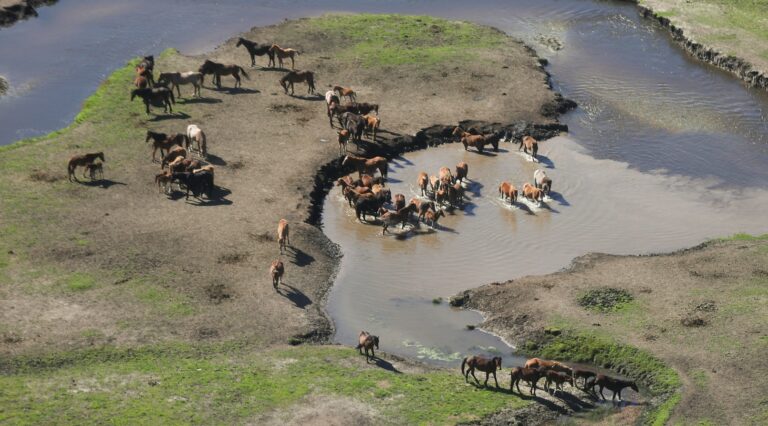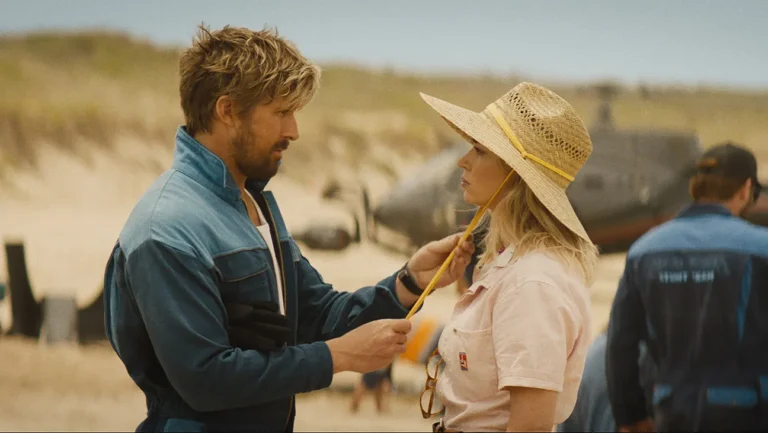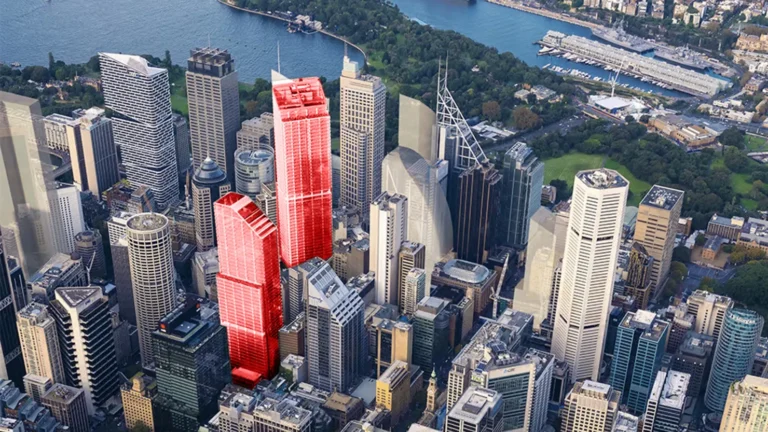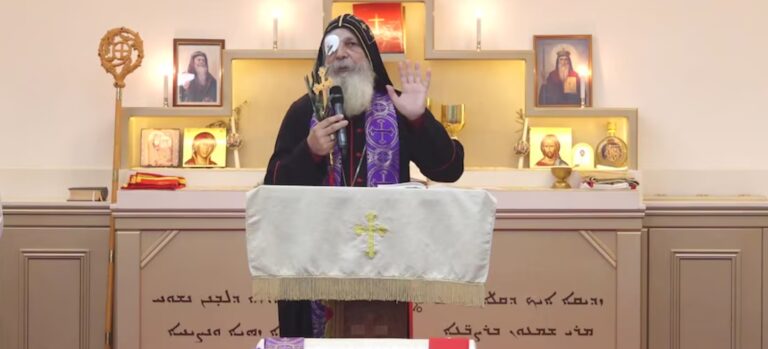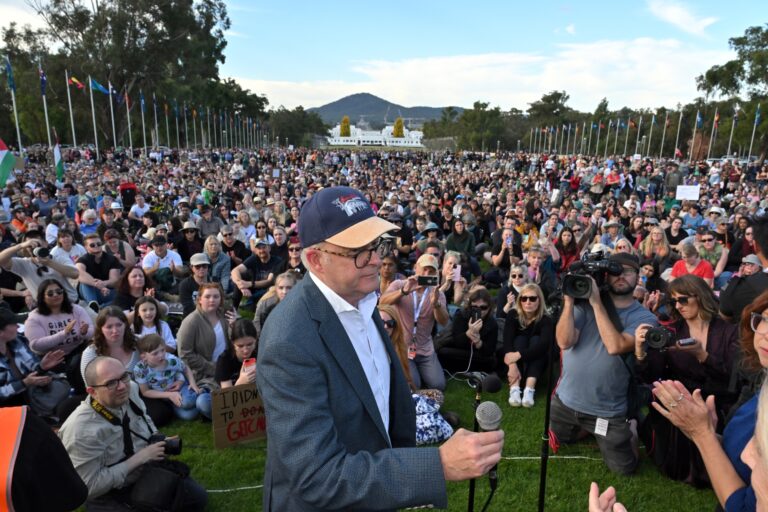
Abused and abandoned: how Australia takes care of child refugees?

BY GEORGIA CLARK
The father of two young boys allegedly sexually abused in an Australian onshore detention centre is still languishing behind bars almost two years after he was first separated from his children.
The family, who fled persecution in the Middle East, are waiting for the outcome of an application to the Department of Immigration and Border Protection (DIBP) for reconsideration of a Temporary Protection Visa (TPV). Their initial application was remitted out of concern that significant harm could occur as a result of relocating the family outside Australia. But according to their solicitor, the severity of the allegations of sexual abuse indicate that significant harm has already occurred as a result of their detention in Australia.
Last month, the man’s younger son made a complaint of child sexual abuse to his school, saying that the same person who sexually abused his older brother in onshore detention also sexually abused him.
The boys are now living in community detention in Sydney, and have been separated from their father since the complaint. The older brother’s sexual abuse claim is awaiting an outcome in court, while the younger brother’s claim is just beginning.
According to Alison Battisson, their lawyer from Human Rights for All, the reason for the separation of the young boys from their father is unclear.
“The DIBP has never fully explained why they were separated. I believe it was to remove the children from detention, but the DIBP were unwilling to release the father as well.
This seems totally illogical considering what happened to the boys while the DIBP had a duty of care to them. Further, I have been told that the father no longer has legal control of the children. This had never been explained to him.
However in the last two weeks since the second sexual abuse allegation arose, I have been told that the father is still the legal guardian of the children. This is interesting because when I ask for details of the kids (through freedom of information) I’m told the father cannot sign the documents for them. But when the DIBP wants administrative actions taken, then it is up to us,” she said.
The news comes almost a year after thousands of documents were leaked from Nauru and published on The Guardian’s website detailing allegations of abuse, raising concerns about the treatment of detainees.
The leaks prompted a renewed push for The Royal Commission into Institutional Responses to Child Sexual Abuse to examine Australia’s response to the allegations.
Ms Battisson has raised a number of sexual abuse allegations with the Royal Commission on behalf of other families.
She maintains that action can be taken now to lessen the negative impact on the family of the DIBP’s response to the abuse.
A spokesperson for the Department of Immigration and Border Protection said that the children are currently receiving adequate care.
“The Department is aware of this case and can confirm all individuals involved are receiving appropriate ongoing support. We are unable to comment further due to privacy considerations and ongoing court proceedings,” they said.
Ms Battisson said the family is noticeably stressed and emotional after the ordeal, and the boys have been told they can only visit their father if they behave.
“Mentally the boys are very fragile. Whenever I see them they ask when they can live together as a family, with their dad. They are starting to have behavioural problems. [They said] that they are told they will not be allowed to visit their father if they misbehave. They are young kids so they will be naughty on occasion,” she said.
The DIBP would only confirm that the children were able to visit their father, declining to comment on how they handled the children or their behaviour.
“Visits to immigration detention centres are facilitated where operationally possible and appropriate. Visits by the children to their father are facilitated on a regular basis,” they said.
Ms Battisson made an application under the Migration Act to have a residence determination made for the boys’ father, after almost five years in onshore detention.
But the application was knocked back by a representative of the Minister for Immigration and Border Protection, Peter Dutton, on the basis that the powers under section197AB of the Act could only be exercised if the referral was made by the Department of Immigration and Border Protection itself.
Conveniently, it was Mr Dutton who established these very guidelines.
The application for a Temporary Protection Visa for the father and two boys is currently pending reconsideration by the DIBP. Ms Battisson said it had been a long journey for the family, who came from the Middle East by boat, fleeing persecution in their home country.
“The father took his two younger boys by boat, as he could not afford to take his older boys. The family had been waiting in a transit country for more than three years after they had been accepted as refugees by the UNHCR. While the younger boys and their father were making the journey to Australia, the older boys were accepted as refugees by Australia.
The father and the younger boys’ TPV application was initially refused despite having the same factual basis as the older children.
“We went to the Immigration Assessment Authority and got a recommendation that the DIBP recognise them as refugees. It is now back with the DIBP.This process has taken five years,” said Ms Battisson.
Ms Battisson said she has had no luck in expediting the process, despite repeatedly contacting the DIBP.
